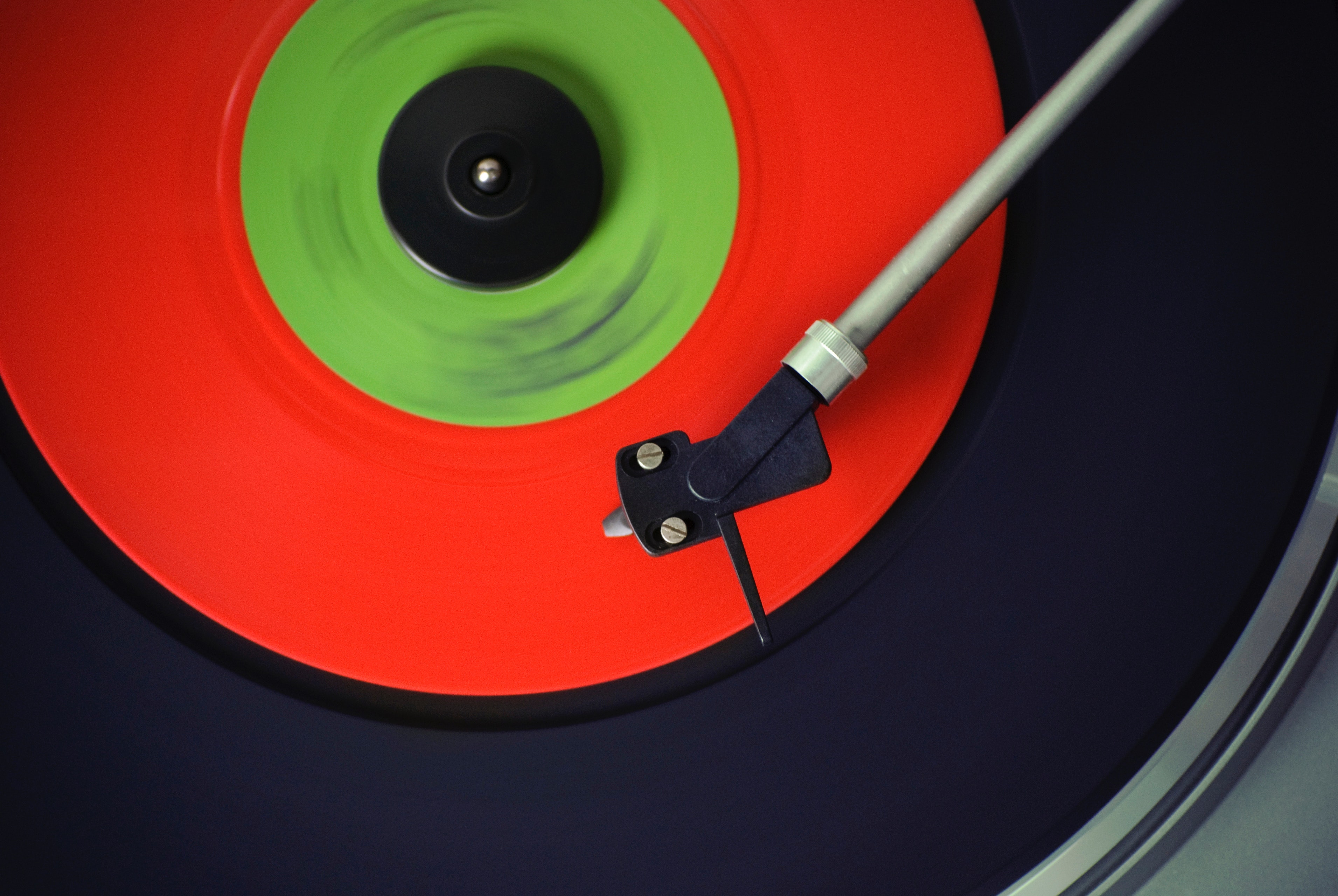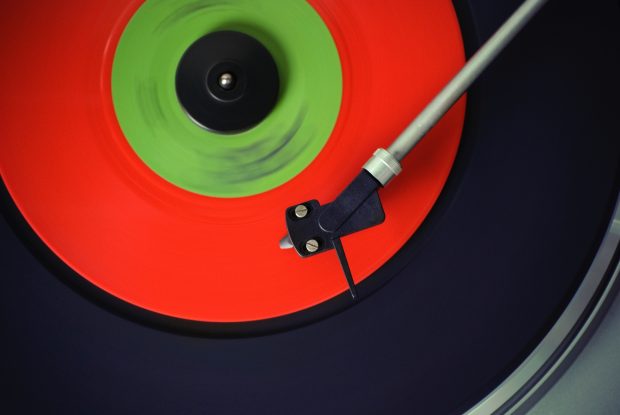
Rushing through 1970 Seoul’s music scene
Korea….what an adventure! In some respects it feels like yesterday, yet in reality it was a lifetime ago. I feel uniquely blessed to have spent the formative years of my childhood in the Land of the Morning Calm. I met life-long friends there, I met my wife Betty there and I got to be a rock star in the band Rush (ed.: no relation to Geddy Lee’s band).
I joined Rush in 1970 and by 1971 we were performing all over Seoul at numerous events, clubs and charity fundraisers. The lineup at the time was Dean Brown on lead guitar, Rob Cass on bass, Jim Leaper on drums and I played rhythm guitar. Jim and Rob left in early 71 and Jeff Mehiel and Chris Lakas joined us, Jeff on drums and Chris playing bass. This was the core band that played in Myeong-dong from 1971 to 1972, with the addition of Dean’s younger sister Robin, a talented vocalist at age 10. She would perform a few songs every set even singing in Korean which the audiences loved!
Dean’s mom was our manager and she enlisted the assistance of a Korean agent, Jimmy Kim. Jimmy was a popular celebrity and emcee in Seoul and with his connections we were propelled into a whirlwind of nonstop shows. Jimmy had us join the Korean Entertainment Union. He had custom wardrobes tailored for us and even had a choreographer teach us dance steps. He even paid a popular Korean songwriter to compose a Korean song for us. “Ahn-nyeong-ha-sha-meka” became our signature anthem and set opener. The audiences loved our attempt at Korean and it was a great ice-breaker.
We signed a one-year contract with the Las Vegas club in Myeong-dong playing seven nights a week, including holidays, and we didn’t miss a single night the entire year! Weekends were the best times at the club as many Americans and foreigners would show up. It was an exciting time to be involved ― diversity at its best! To this day, I still wonder how we accomplished this. Attending high school full time, band practice after school (we were expected to perform two new songs every week), playing two sets a night and barely getting home before curfew to finish homework before classes the next day!
I vividly remember when President Park Chung-hee declared martial law and the military Status of Forces Agreement (SOFA) was temporarily suspended. We had to comply with Korean law and wore wigs to perform, hiding our long hair. Our stage wardrobe was curtailed as well: no wide belts, no flared pants, no fringe. During our time at the Las Vegas club, we also played occasional shows at Silver Town, OB’s Cabin, Lyons Club and the Chosun Hotel all in Myeong-dong. We also did a steady rotation of guest spots on radio and television. In the 1970s because of the DMZ, a curfew was mandated and everyone had to be off the streets by midnight. I remember on weekends playing what we called the curfew gig. After finishing our last set at the Las Vegas club on Friday night, we would rush to beat curfew and head over to club Nirvana to play dance music. This involved being locked up in the club from midnight till 4 a.m. when curfew was officially over.
The club owner wanted everyone on the dance floor working up a sweat and buying drinks so the music never stopped. We alternated sets with the other bands by switching instruments (members) one at a time, until all members of the other band were on stage ready to begin their own set. The music never stopped. Four hours of loud nonstop music gave me a newfound appreciation for silence!
I remember a baseball game we played at Seoul Stadium. Korean actors versus musicians. We were given baseball uniforms signifying which team we played on. This wasn’t the traditional softball fundraiser, this was a real “hardball” game and I remember the actors hired a professional ringer as their pitcher. He was wild and threw the most intimidating fastball. Something I will never forget, and it still makes me anxious to this day!
And then there was the “Big” Show we always looked forward to. The yearly Battle of the Bands at Citizens Hall. An exciting venue to play, talented bands, great music and packed enthusiastic crowds of 3,000 plus. It was during these shows we became friends with many of the popular bands at the time, the He 6, Key Boys, Trippers and Last Chance. In Myeong-dong where we all performed, we would visit each other’s clubs to enjoy the music and friendship.
In 1972 our Las Vegas contract ended and we were ready for a break from seven nights of gigs a week. We joined the USO circuit and performed at military bases across Korea and of course played school proms and dances at the Teen club. By this time, Chris Lakas went back to the states and James Che and Robert Mayotte joined the band. James was on bass and Robert played guitar and added dynamic vocals to the mix. By the summer of 1972, Dean and Jeff left for the States signaling the final chapter for Rush. Many of us carried on playing in different bands, but Rush was special.
By Bill Krause
(Korea Times)



